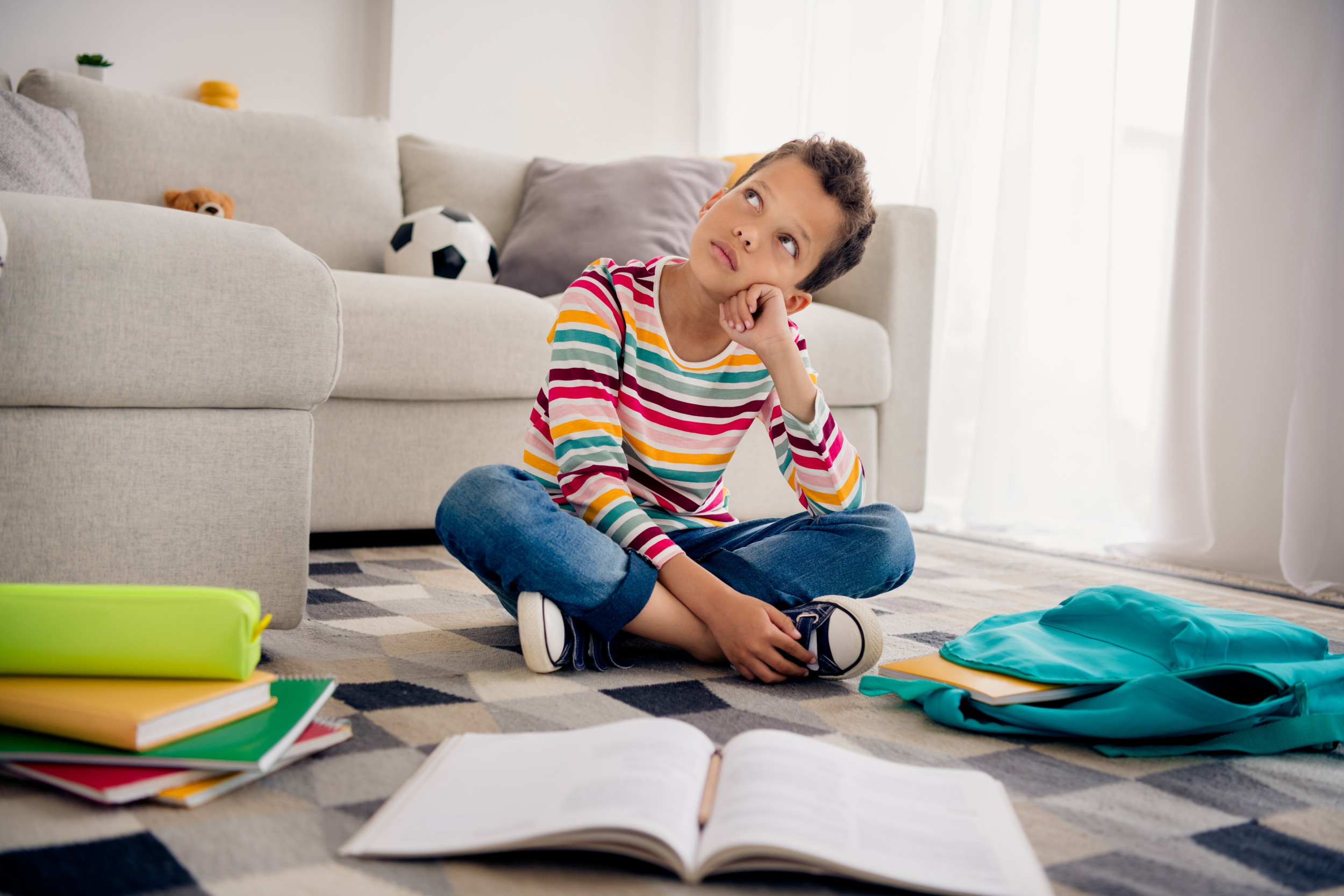Parents often find themselves groaning at the familiar refrain of “I’m bored!” from their children. Despite busy schedules filled with arts and crafts, baking, and outings, many parents feel compelled to fill every moment with structured activities or screen time. Yet, experts assert that allowing children to experience boredom may foster essential skills and creativity.
According to play expert Cas Holman, who authored the book “Playful: How Play Shifts Our Thinking, Inspires Connection, and Sparks Creativity“, boredom plays a crucial role in children’s development. Holman emphasizes that when children’s lives are overscheduled, they miss opportunities to make decisions about how to spend their time. “When their attention is overstimulated, they are out of touch with their intrinsic motivation,” she explained in an interview with Newsweek.
Boredom encourages children to explore their surroundings and make independent choices. Holman noted, “They turn over a rock because it’s there, throw a stick because it’s fun, or open a book because the cover is interesting.” This exploration not only sparks curiosity but also leads to personal discovery, allowing children to engage with their environment in meaningful ways.
Dr. Kyle W Boerke, a clinical child psychologist at OSF HealthCare, supports Holman’s views on the benefits of unstructured time. He pointed out that when a child walks to a neighbor’s house to invite them to play, they develop social and problem-solving skills. “Through that interaction, you have built critical thinking skills, developed social skills, and increased self-esteem,” he noted.
In contrast, activities that involve screens often provide only passive engagement without significant developmental benefits. Holman argues that relying on screens can mislead parents into thinking they are providing an easier solution. “In the short and long term, they aren’t learning how to engage with their environment. They are tuning out rather than in,” she said.
Many parents experience guilt when their children appear to be doing nothing. Holman suggests this guilt may arise from the belief that children need direction during free time. She emphasizes two points: first, children do not require constant guidance on how to spend their time; second, productivity does not solely equate to structured activities. “Kids should do what they love, whether or not they excel at that thing,” she stated.
The benefits of allowing children to be bored extend beyond childhood. Holman reflects on her experience teaching design students at the Rhode Island School of Design (RISD). She observed that students who were comfortable with boredom often produced the most innovative results. “They pursued what they were curious about, excited by new concepts they discovered along the way,” she explained.
Encouraging ‘Good Boredom’
For parents uncertain about how to incorporate “good boredom” into their children’s lives, Dr. Boerke recommends starting small with “technology time-outs.” He suggests scheduling periods during which no phones, gaming, or television are allowed. “When we take the time to unplug, you will start to see their creativity come out,” he said.
Holman encourages parents to embrace simple, playful approaches. Even routine chores can serve as opportunities for discovery. “If the alternative to boredom is chores, try involving kids in household tasks,” she advised. Engaging children in making dinner or tidying up can be enjoyable, allowing for creativity to flourish. “Let it take longer, let the pasta be a little overcooked, and the socks get folded wrong,” she added. In doing so, children may find their own activities to explore, leading them away from boredom.
As parents navigate the complexities of childhood development, understanding the value of boredom can be a transformative approach. Allowing children the space to be bored may not only enhance their creativity but also equip them with essential life skills that will benefit them well into adulthood.





































































